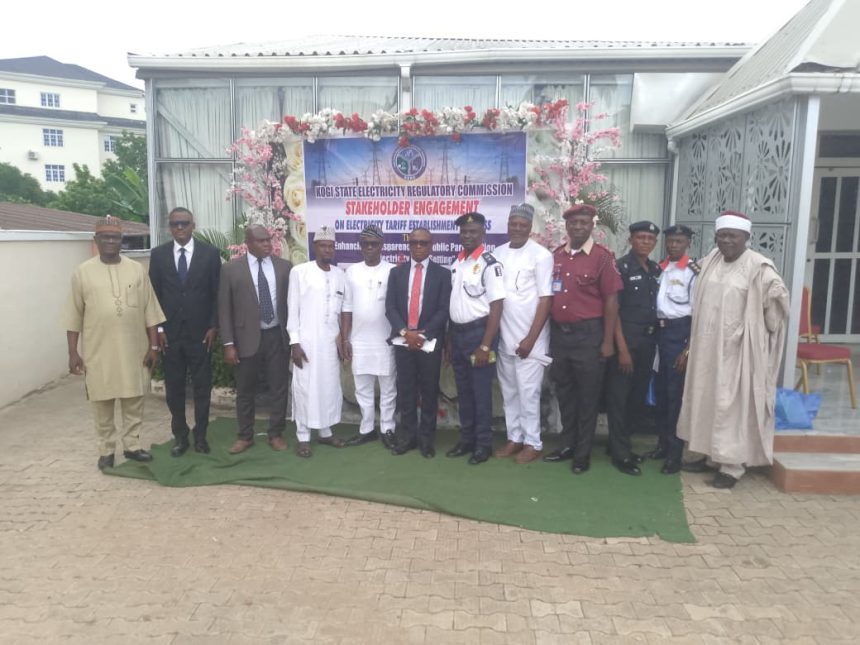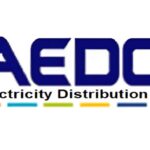By Abubakar Abraham
In a significant step towards fostering a transparent and inclusive electricity sector, the Kogi State Electricity Regulatory Commission (KSERC) convened a high-profile stakeholder workshop on the development of electricity tariffs.
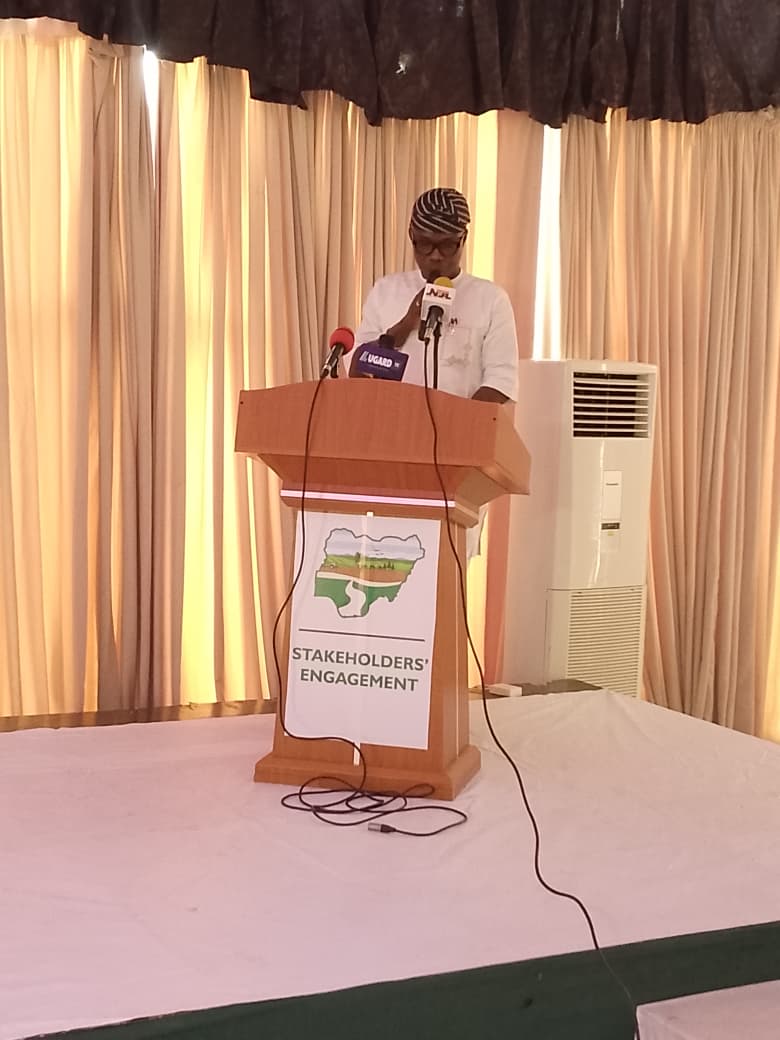
Themed “Enhancing Transparency and Public Participation in Electricity Tariff Setting,” the event brought together a diverse array of stakeholders to deliberate on establishing a fair and sustainable tariff framework for the state.
Held in Lokoja, the workshop marked a pivotal milestone in Kogi State’s efforts to harness the Federal Government’s electricity reforms, empowering states to regulate their own power markets. Attendees included notable dignitaries from the safety and security sector, such as representatives from the Federal Road Safety Corps (FRSC), Nigeria Security and Civil Defence Corps (NSCDC), and the office of the Commissioner of Police.
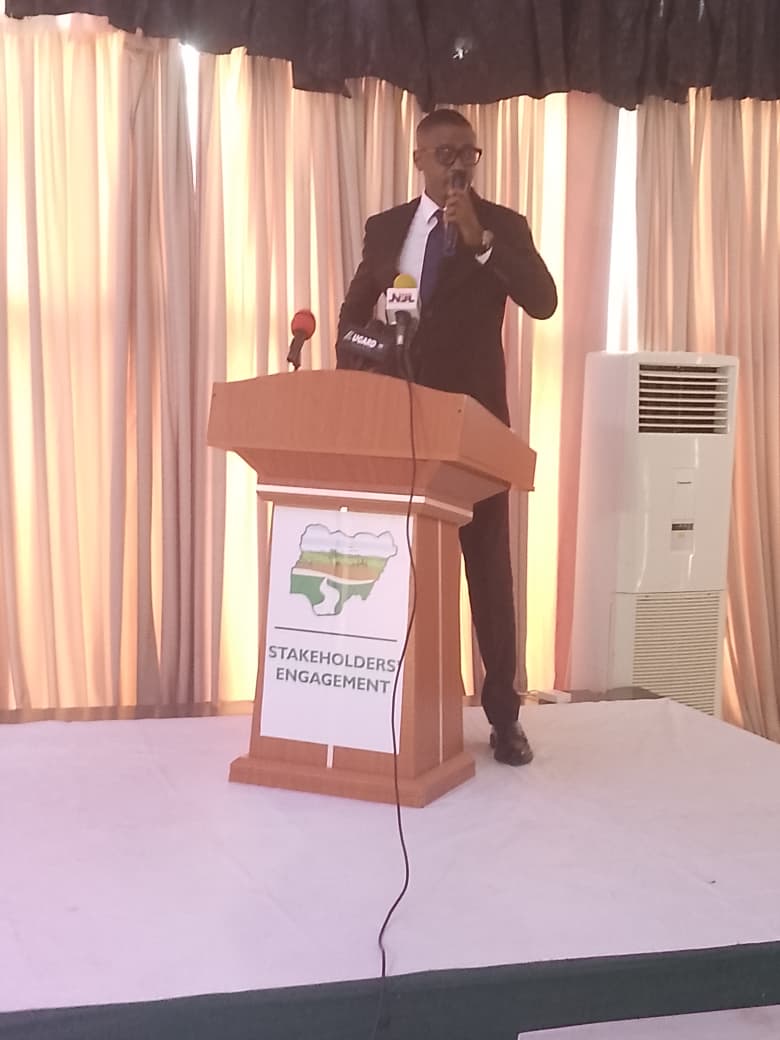
The gathering also featured key figures from other sectors, underscoring the multi-stakeholder approach to energy governance.
The Commissioner for Information and Communications, Mr. Kingsley Fanwo, set the tone for the discussions by highlighting the foundational purpose of the KSERC. In his address, Fanwo emphasised the commission’s core mandate: to promote openness, collaboration, and the principle of “pay for what you use” in energy consumption.
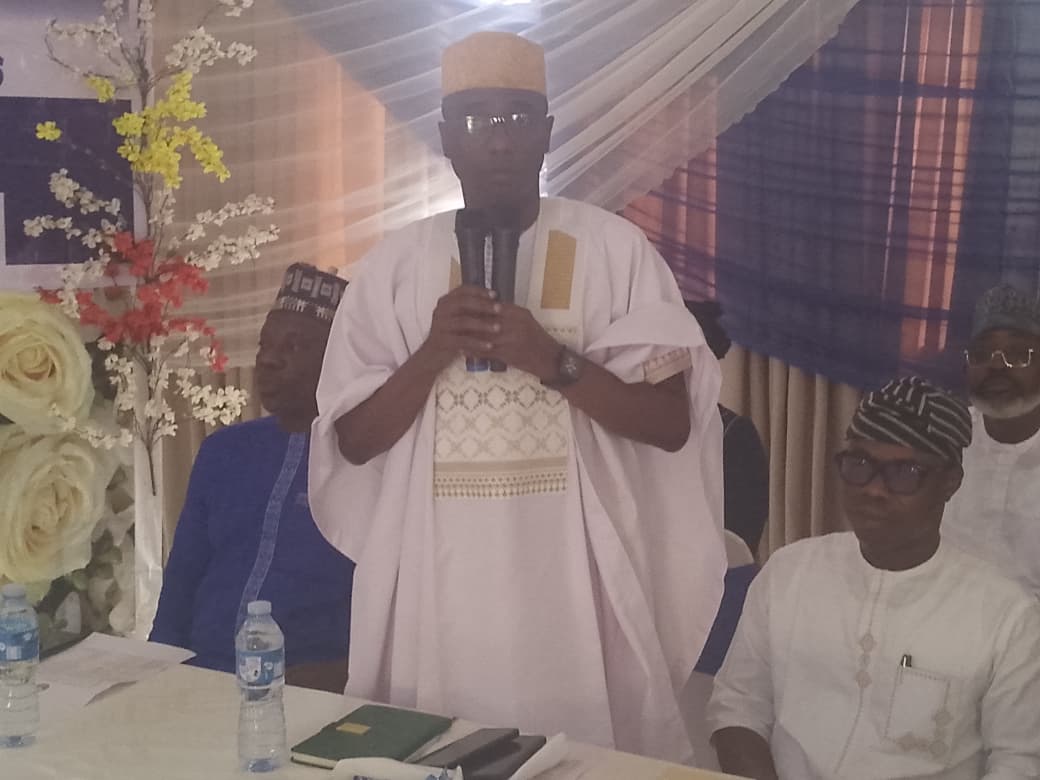
“The creation of the KSERC is not just a regulatory body; it’s a commitment to ensuring that every citizen has a voice in how electricity is priced and delivered,” Fanwo stated. He reiterated that the commission’s establishment aligns with national reforms, aiming to create an electricity market tailored to Kogi’s unique socio-economic landscape.
The workshop’s opening prayer was led by a representative of the Maigari of Lokoja, invoking blessings for fruitful deliberations and unity in the pursuit of reliable power supply for the state.
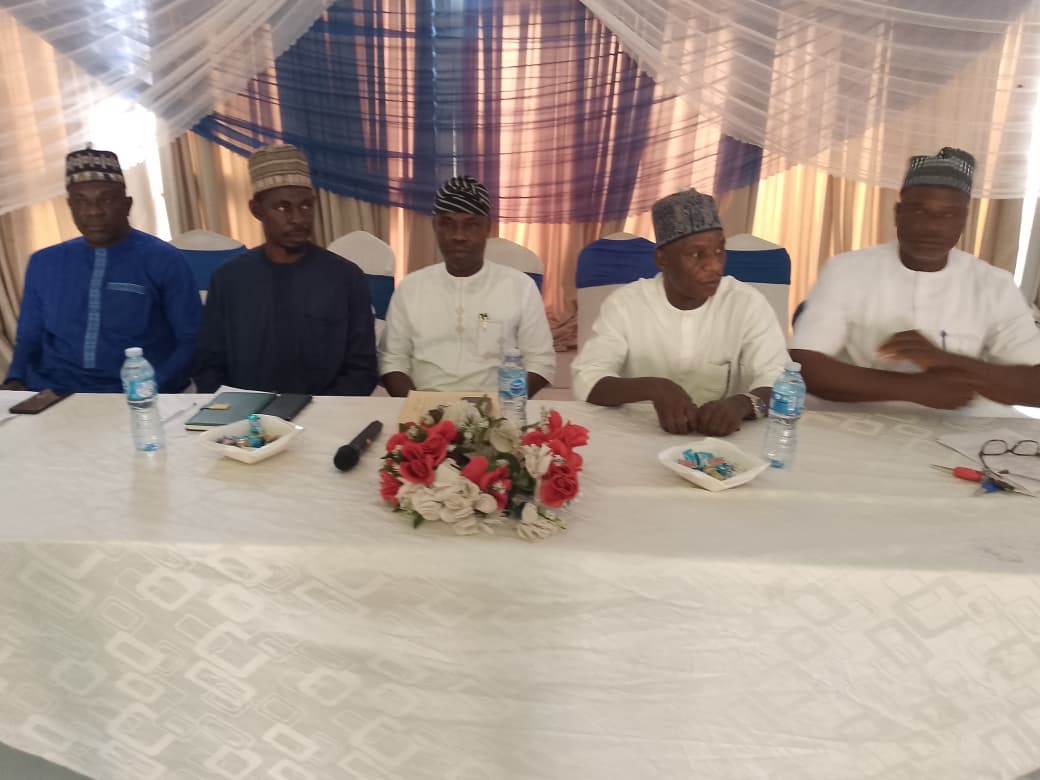
Delivering the Chairman’s welcome speech, the head of the KSERC outlined the commission’s journey since its inception.He recalled how the Federal Government’s reforms opened the door for states to take ownership of their energy destiny.
“In Kogi State, we embraced this initiative with clarity of purpose to build a system that guarantees reliable, affordable, and sustainable electricity for our people,” he added. The commission, he noted, has engaged tirelessly with communities, industry operators, consumer groups, and development partners to craft solutions that are fair, transparent, and workable.
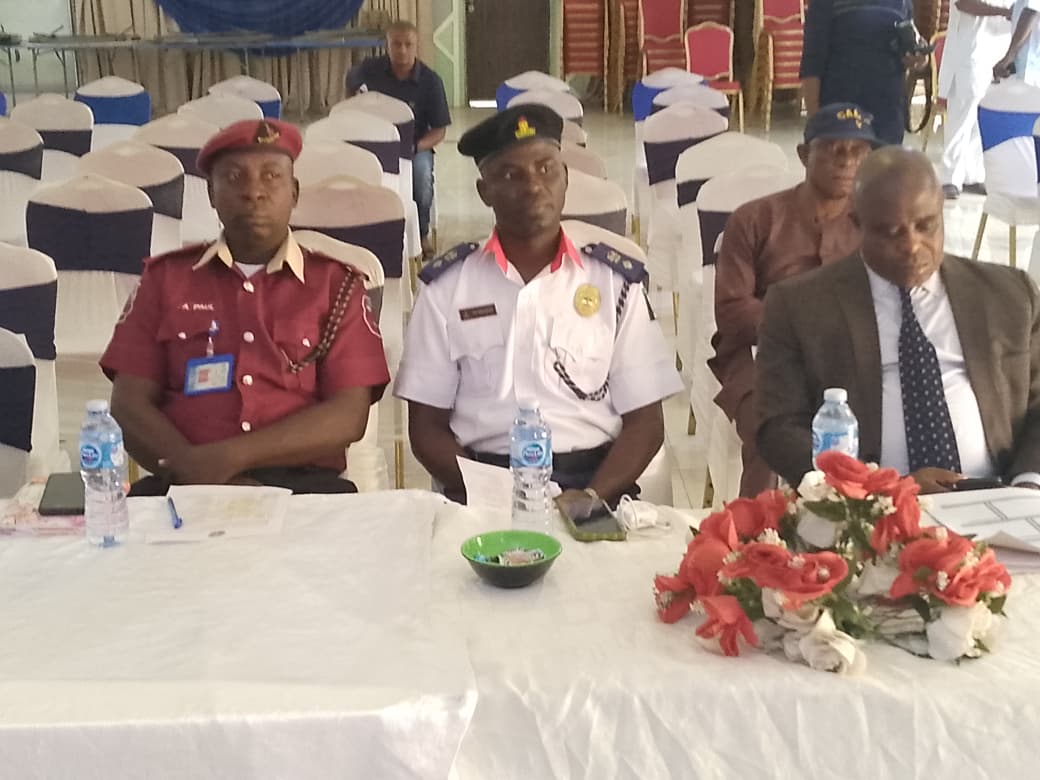
The Chairman articulated three key goals for the workshop: to openly discuss the tariff development process, ensuring all stakeholders understand the guiding principles; to bolster trust, transparency, and participation for a stronger framework; and to prepare operators, consumers, and investors for the emerging electricity market realities in Kogi State.
Addressing the sensitivities around tariffs, the Chairman acknowledged the dual concerns of affordability for consumers and cost recovery for operators. “Our duty as a Commission is to balance these interests fairly. That is why our tariff methodology will be guided by three core principles: Fairness – ensuring that consumers are not exploited, while service providers remain viable; Efficiency – encouraging cost-effective service delivery and investments; and Transparency – making the process simple, clear, and understandable for all.”
He humanized the issue by referencing the everyday impacts on Kogi residents: “This is not just about numbers and formulas. It is about the lives and livelihoods of the people of Kogi State – farmers who need affordable power for irrigation, students who need light to study, traders who rely on electricity to keep their businesses alive, and industries that require steady supply to create jobs.”
Reassuring consumers, the Chairman pledged: “Let me assure every consumer here today: the Commission is committed to protecting your interests. We will not approve any tariff that is unfair or that does not reflect the realities of service delivery.” Simultaneously, he stressed the need for operators to invest in infrastructure and expand access, urging a culture of responsibility. “A fair tariff system can only succeed if bills are paid promptly. Without revenue, there can be no investment, and without investment, there can be no reliable electricity.”
The Chairman also highlighted ongoing challenges like energy theft and bill non-payment, which erode service delivery and investor confidence. To combat these, he announced the state’s establishment of a special court and task force for electricity-related offenses. “This is a bold step that will ensure accountability, safeguard revenue, and protect the integrity of our electricity market.”
Looking forward, the KSERC is poised to unveil a new tariff regime designed by the state commission. Unlike a one-size-fits-all model, it will accommodate the diverse needs of Kogi’s economy – from urban industries to rural households, small traders to large investors. “Our objective is to ensure a tariff framework that cuts across every spectrum of our economic and social life – fair to the consumer, yet sustainable for the service providers.”
Contributions from other dignitaries enriched the session. Engr. Eyitayo, a key technical expert, shared insights on the operational hurdles in tariff implementation. Hon. Yusuf Ohiare, Special Adviser on Electronic Media, advocated for widespread public sensitization to build buy-in for the reforms. Hon. Sunday Paul, alongside the Managing Director of Kogi Electricity Distribution Limited (KEDL), revealed stark financial realities facing the sector. “We have lost more than 1.5 billion naira over the past six months due to inefficiencies and non-revenue water – or in this case, non-revenue power,” the KEDL MD disclosed, emphasising the urgency of a robust tariff system to stem such losses and fund upgrades.
The workshop featured interactive sessions where stakeholders voiced concerns, proposed amendments, and brainstormed ways to integrate public input into the tariff-setting process. Discussions touched on leveraging technology for billing accuracy, subsidizing vulnerable groups, and aligning tariffs with renewable energy integration to enhance sustainability.
As the event concluded, participants expressed optimism about the collaborative path ahead. The KSERC Chairman closed by reiterating the commission’s dedication: “Together, we are not just setting tariffs; we are powering the future of Kogi State.”
This engagement reaffirms Kogi’s proactive stance in Nigeria’s decentralized electricity landscape, promising a more equitable and efficient energy sector for its over four million residents. Further details on the proposed tariff methodology are expected in the coming weeks, with public consultations to follow and to also look it up on the official website.


